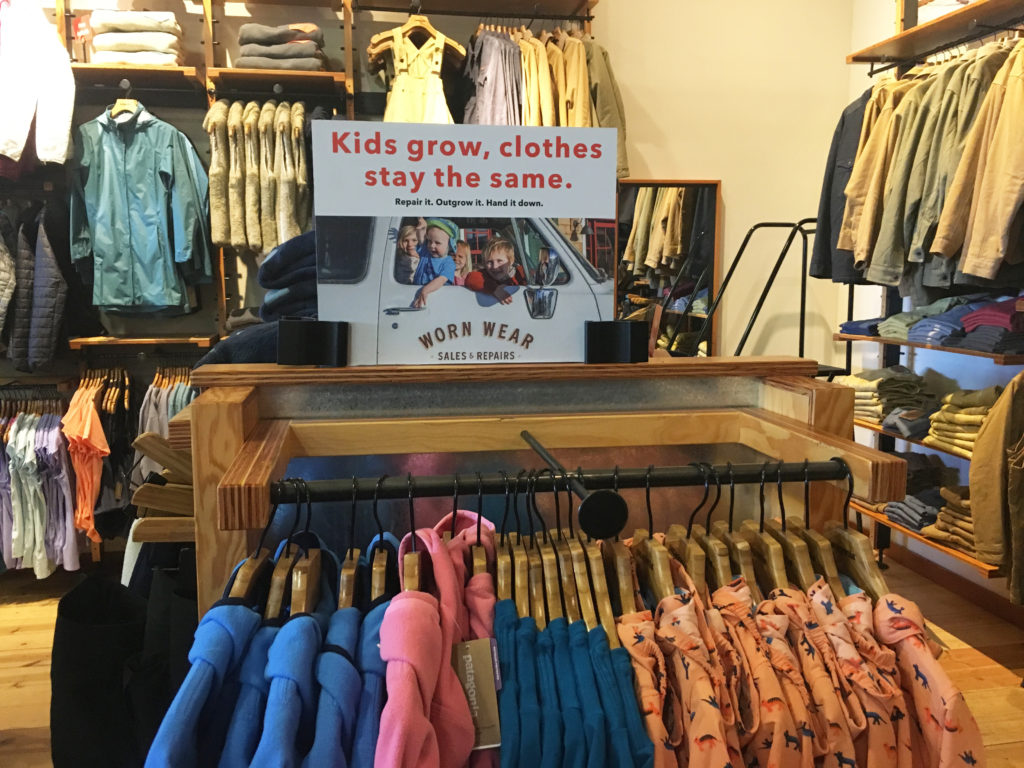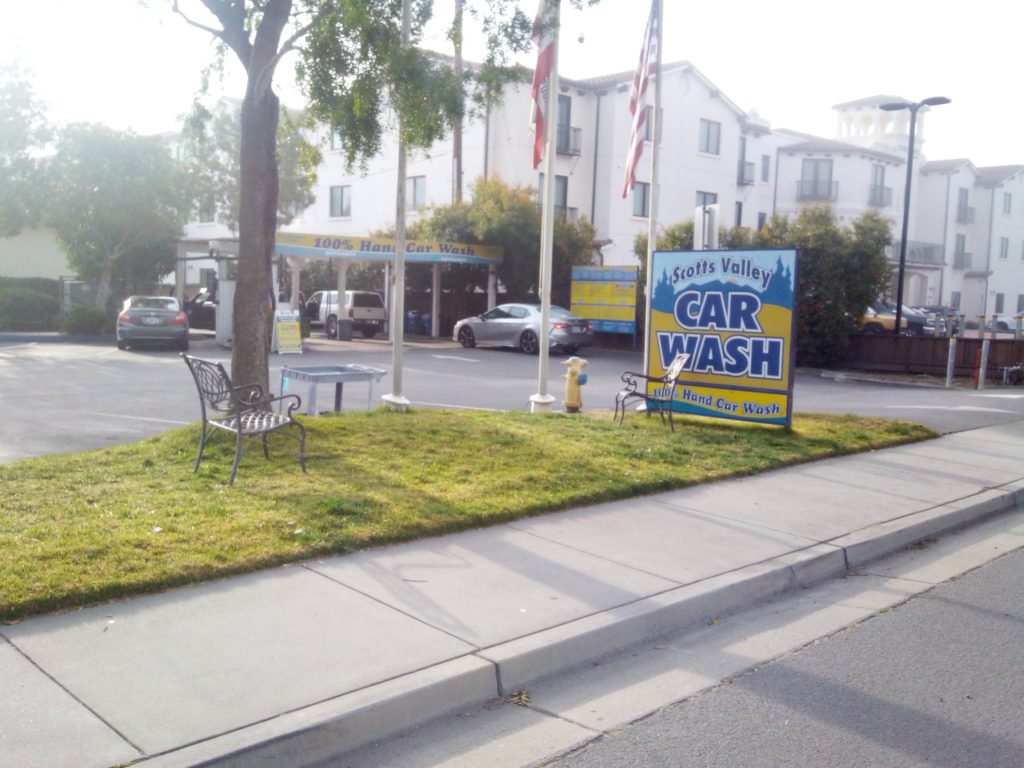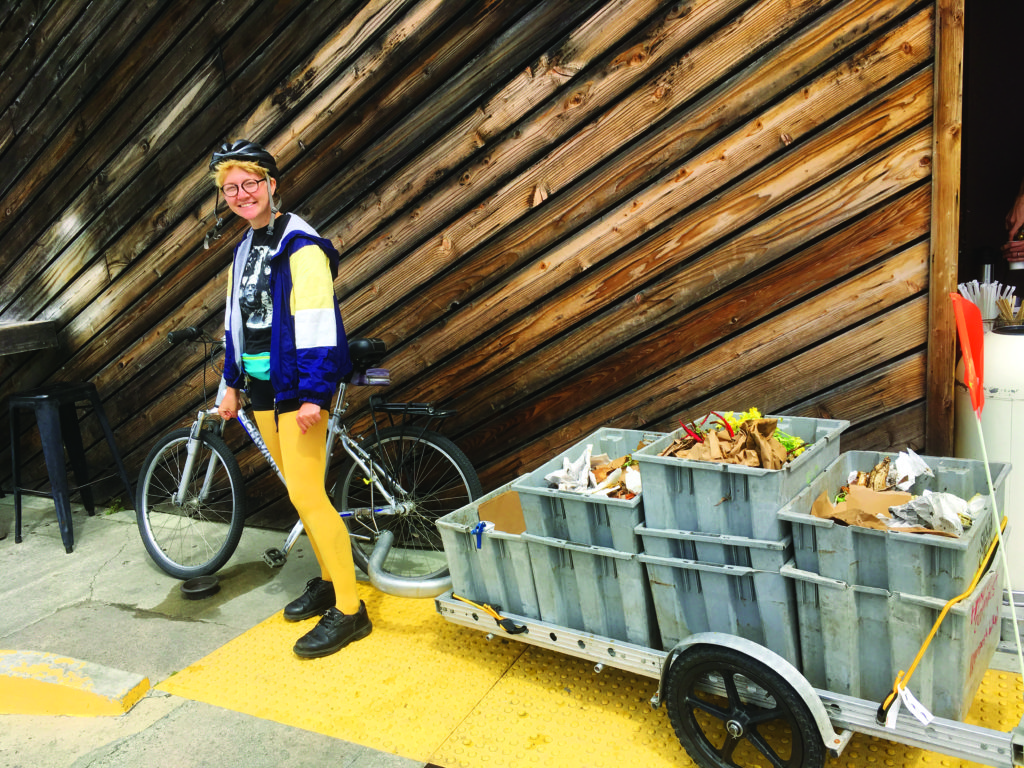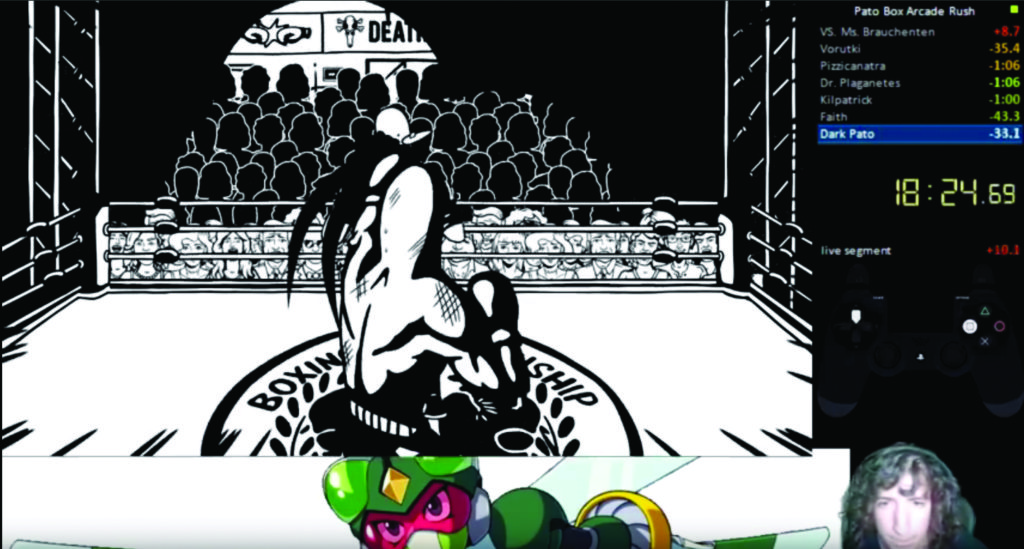‘Slow fashion’ brands aim to clean up manufacturing
With the fast fashion industry rapidly polluting the earth, some brands are raising the standard for sustainability.
Fashion is a trillion dollar industry responsible for clothing the masses and creating trends, but the cost is much greater than what’s shown on the price tags.
According to the United Nations Environment Programme, as of March 2019, clothing manufacturing was responsible for 20 percent of the global water waste. In September 2018 it also found 85 percent of the industry’s textiles are thrown away, because of minute errors and overproduction, which is filling up landfills at a rapid rate.
Fast fashion, cheaply made clothing which is quickly produced in mass quantities, is largely responsible for this epidemic. According to Forbes, manufacturers that fit the category were responsible for 12.8 billion tons of waste sent to landfills per year, as of 2017.
The short shelf life of fast fashion pieces because of quickly changing trends and poor quality, in addition to the low resale value, hurries the remaining articles to the landfill.
Often, shopping at small businesses or thrift stores is perceived as a quick solution to the issue. This option is not always realistic, as small businesses can be too expensive for the everyday consumer, and thrift stores only carry what has been donated.
But some brands are taking up the challenge of greening the clothing industry.
Patagonia’s Worn Wear program repairs used products and sells them at a reduced price, and recycles products that are beyond repair. In exchange for turning in old products, the customer is given credit to use at the store.
According to the Worn Wear website, “keeping clothing in use just nine extra months can reduce the related carbon, water, and waste footprints by 20-30 percent.”
Hunter Stammer, assistant manager of Santa Cruz’s Patagonia store, said the store sends about two large packages a month to the headquarters for the Worn Wear program. It also donates 1 percent of its profits to local nonprofits like the Homeless Garden Project and the Coastal Water Project.
And the donations do not end there. Patagonia has a corporate venture capital fund called Tin Shed Ventures, which invests in start-ups that “offer solutions to the environmental crisis.” Tin Shed Ventures typically sets beginning investments at $500,000.
Fjällräven, which translates to “arctic fox,” is a Swedish brand best known for producing trekking apparel and equipment, and is another big brand making sustainability a high priority.
For example, its popular Kånken backpack, which can be spotted on Fjällräven fans on the Cabrillo campus, is also available in the sustainable Re-Kånken form.
The Re-Kånken has the same look as the original Kånken, but it is made entirely of 11 plastic water bottles. Fjällräven also uses an alternative dying process, SpinDye, which not only reduces the amount of water, energy, and chemicals used, but it ensures that the bag will be completely recyclable once it reaches the end of its lifespan.
Fjällräven is also largely focused on its new program to support environmental preservation projects, called the Arctic Fox Initiative.
This initiative, which launched this year, will fund non-profit organizations that either protect the environment or encourage people to experience nature.
According to the company, it has also increased the endangered Swedish Arctic Fox population from 50 foxes in the 1980s to more than 200 foxes today, because of its partnership with the European Union and Stockholm University.
Nike receives an honorable mention for efforts towards sustainability. The sporting company is working toward a goal of 100 percent renewable energy in North American facilities by 2025, by teaming with wind contractor Avangrid Renewables.
In addition to these efforts, Nike self-reports 75 percent of its products contain recycled materials. Among these recycled products are used shoes from their Reuse-A-Shoe program, where consumers can drop off their old athletic shoes to be made into something new.
Locals can participate in this program at the nearest Nike Factory Store, in Gilroy.
With the price point of the big name brands, as well as a trustworthy product, everyone wins. When it comes to big businesses, sometimes they can look out for the little guys too.







